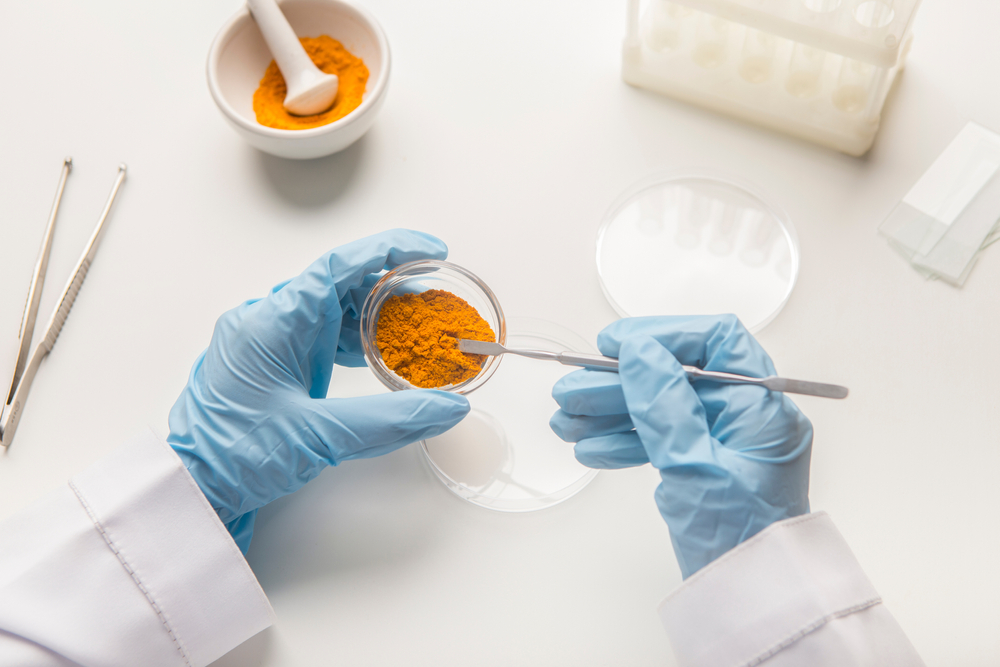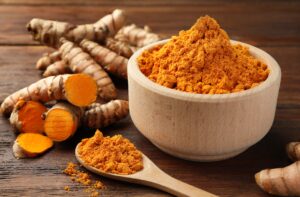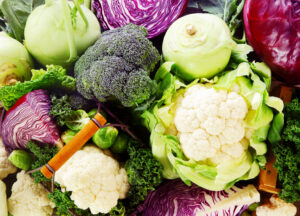
Did you know that the term “inflammation” originates from the Latin phrase, “set on fire”?
Inflammation is the immune system’s response to harm on the body. Your immune system becomes activated when your body recognizes anything that is foreign—such as an invading microbe, plant pollen, or chemical. This often triggers a process called inflammation. This response is vital to health while also serving a very important role in initiating the healing process. You might be able to recognise this as heat, pain, redness and swelling. This type of inflammation is necessary for our body to heal.
However, the problem comes when inflammation persists, day in and day out, even when you are not threatened by a foreign invader. That’s when inflammation can become chronic and chronic inflammation can become your enemy. Many major diseases that plague us—including cancer, heart disease, diabetes, arthritis, depression, and Alzheimer’s—have been linked to chronic inflammation.
Part of the inflammatory process involves the release of proinflammatory cytokines such as IL6 and TNF. The more cytokines your body releases, the higher your inflammation levels will be. Some people naturally release more cytokines than others, and this is partly due to genetics. In our programs we include genetic testing so we can tests genes known to be associated with inflammation so that you understand your individual risks.
Choose the right anti-inflammatory foods, and you may be able to reduce your risk of illness. Consistently pick the wrong ones, and you could accelerate the inflammatory disease process.
So, what type of considerations should be included in your diet to combat and/or prevent the effects of inflammation? Here is our top six list of food groups to add to your meal plan:
Oxidative stress results from excess reactive oxygen species and causes damage to tissues. When this occurs, the immune system responds by producing inflammation, and so oxidative stress indirectly affects inflammation. Similar to inflammation, high oxidative stress may contribute to the development of multiple conditions like cardiovascular disease, cancer, diabetes, hypertension, ageing, and atherosclerosis.
Therefore, oxidative stress products can also be used as markers of the inflammatory response. Taking our DNA test can help since it tests for the SOD2 gene, which would determine an increased risk of oxidative stress. In the event of elevated risk, dietary antioxidants like vitamin A-rich foods such as dark green leafy vegetables like spinach and kale; vitamin C rich foods such as citrus fruit and berries; vitamin E rich food such as avocados, sunflower seeds and almonds; and selenium which is found mainly in brazil nuts will be recommended.

In the same way that some vitamins are essential to the human body, some fats are essential too. Essential fatty acids for human beings are omega 3 and omega 6, which are types of polyunsaturated fats.
It should be noted that despite both of these fats being essential, they have very different effects on inflammatory markers in the body.
Omega 6 promotes inflammation, while omega 3 reduces inflammation. Because omega 6 is essential for every cell in our body to function, we cannot cut it out completely, and so the aim is to balance the inflammatory effects of omega 6 by adding omega 3. The problem with a Western diet is that it is very high in omega 6 rich foods such as soy, corn and safflower oil, with not enough omega 3 to offset these effects.
It is also important to note that different types of omega 3 act differently in the body. EPA and DHA are active forms of omega 3 that our body can use directly and these are mainly found in oily fish. ALA on the other hand is found in walnuts, chia seeds, and flaxseeds and it is an inactive form of omega 3. Typically less than 10% of ALA is converted to the active form, which is why we focus more on the active form from fish oil (or algae oil for vegetarians and vegans).

Turmeric, a spice that has long been recognised for its medicinal properties, has received interest from both the medical/scientific world and culinary enthusiasts, as it is the major source of the polyphenol curcumin. It aids in the management of oxidative and inflammatory conditions, metabolic syndrome, arthritis, anxiety, and hyperlipidemia. It may also help in the management of exercise-induced inflammation and muscle soreness, thus enhancing recovery and performance in active people.
Ingesting curcumin by itself does not lead to the associated health benefits due to its poor bioavailability, meaning that it is not well absorbed in the body. Several components can increase bioavailability – for instance, piperine is the major active component of black pepper and, when combined in a complex with curcumin, has been shown to increase bioavailability by 2000%.
Allium vegetables such as garlic have been studied for their antioxidant and anti-inflammatory properties. There have been promising results in terms of these effects in animal and in vitro (petri dish) studies, and garlic is really tasty.
Ginger and its extracts have been used traditionally as anti-inflammatory remedies, with a particular focus on the medicinal properties of its phenolic compounds. Studies suggest that ginger’s anti-inflammatory properties are not limited to the phenols, but may also be due to the effects of metabolites, gingerols and aromatic essential oils.

Studies have also indicated that cruciferous vegetables such as cabbage, broccoli, and kale may have anti-inflammatory effects. In fact, a 2014 study found that just 14 days of eating a diet high in cruciferous vegetables could lower the inflammatory marker, IL-6, by as much as 20%. What’s more, this study found that these improvements in inflammation were more pronounced in those with specific versions of the GSTT1 and GSTM1 genes – indicating the importance of understanding your genetic results when pursuing lower inflammation levels.
The take-aways are this. Inflammation is the immune system’s response to harmful stimuli, such as pathogens, damaged cells, or toxic compounds, and it acts by removing the injury-causing component and initiating the healing process. Inflammation is therefore a defence mechanism that is vital to health. However, excessive inflammation can pose numerous health risks, including increased risk for heart disease, cancer and rheumatoid arthritis. Anti-inflammatory foods such as oily fish, antioxidant-rich foods and spices such as turmeric have all been implicated in suppressing an elevated inflammatory response and should be incorporated into a balanced diet.
So, those of you who are yet to understand your risks, knowledge really is power. Don’t gamble with your health, know your genetic and dosha predisposition so that you can begin to make lifestyle changes necessary to future-proof your health.
If you’re looking for a holistic approach to both health and fitness, then let’s set up a complimentary 30 min chat.
Yes, Lets Do a Complimentary Consult


The Holistic HIghway integrates traditional Western medical practices with Ayurveda medicine, creating a focus on prevention through nutrition, diet, and exercise; use of the latest genetic testing and other diagnostic techniques; and prescribed combinations of botanical medicines, supplements, therapeutic diets, detoxification programs, or stress-management techniques.

Integrative Health Expert | Ayurveda Practitioner | Author | Speaker
Kerry is a globally recognized leader in integrative medicine and the science of health known as Ayurveda. She is passionate about raising awareness of the need for a change in contemporary medicine that focuses on patient empowerment and a health-based (rather than disease-based) medical system.
Kerry is connected with The University of Pittsburgh Center for Integrative Medicine and remains a pioneer in the field of integrative medicine where she has developed a personalized system to manage chronic disorders by incorporating fundamental changes in diet, behavior, and stress while focusing on genetics.
This individualized program is so successful that many of her clients have achieved maximum healing and vitality after years of chronic problems!
More to Explore